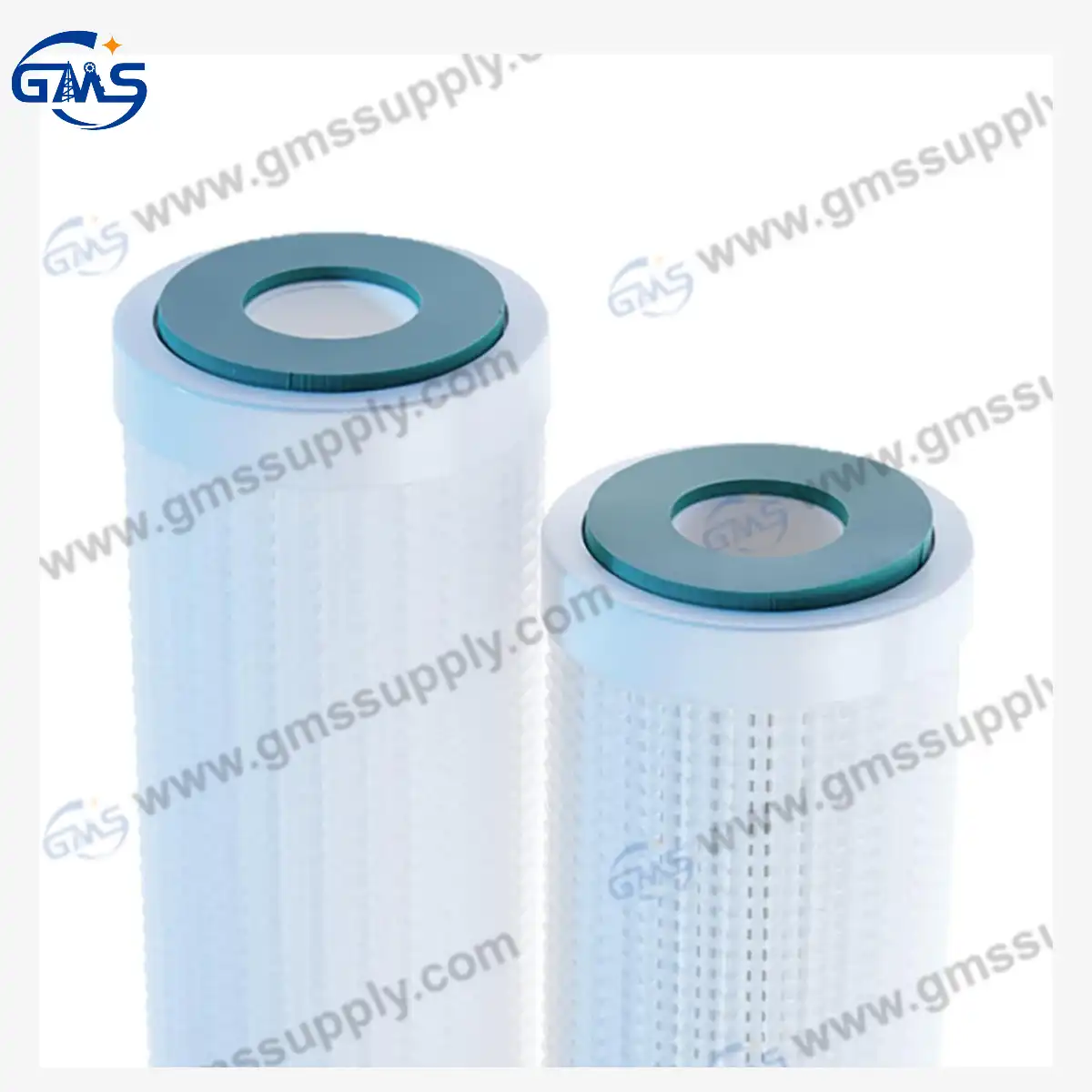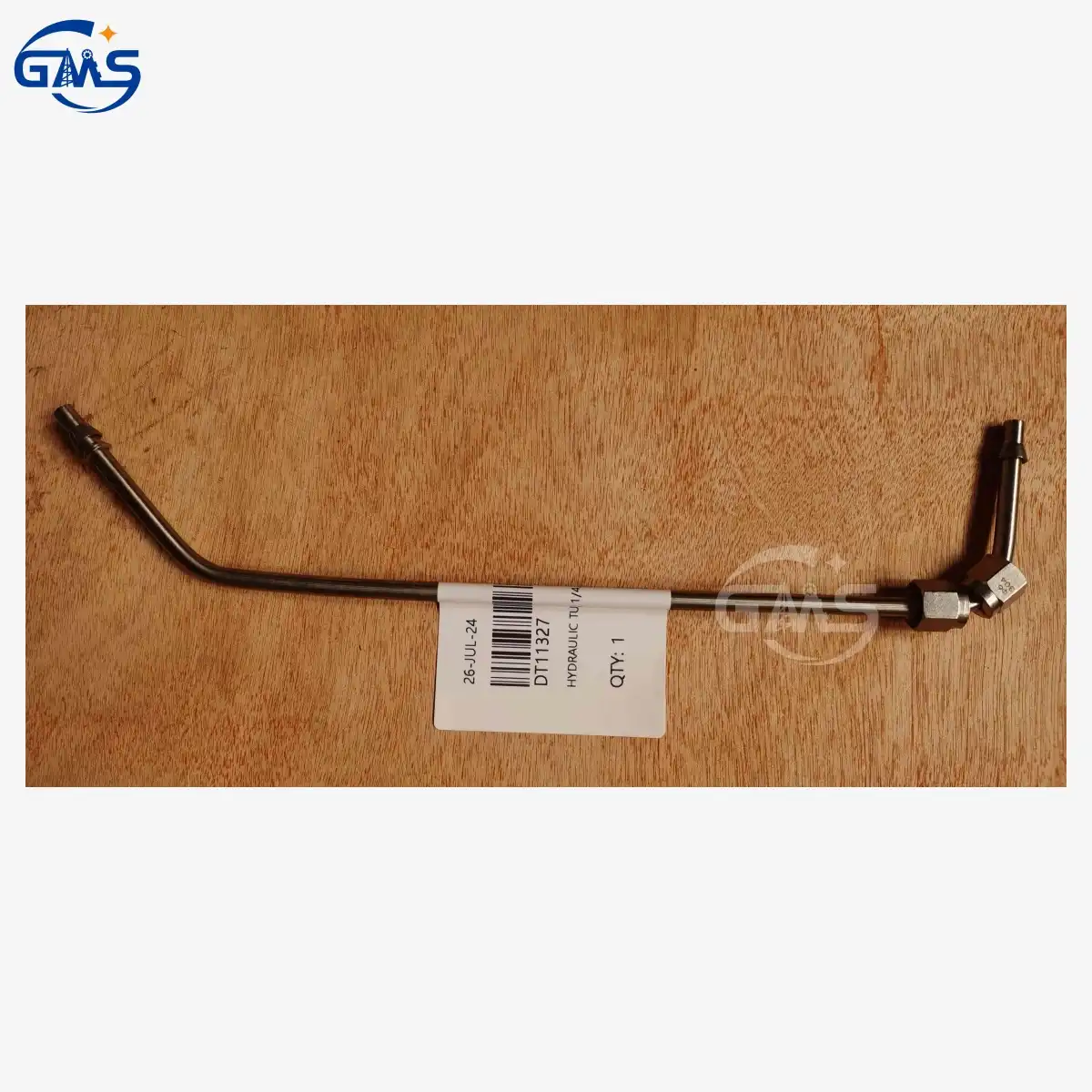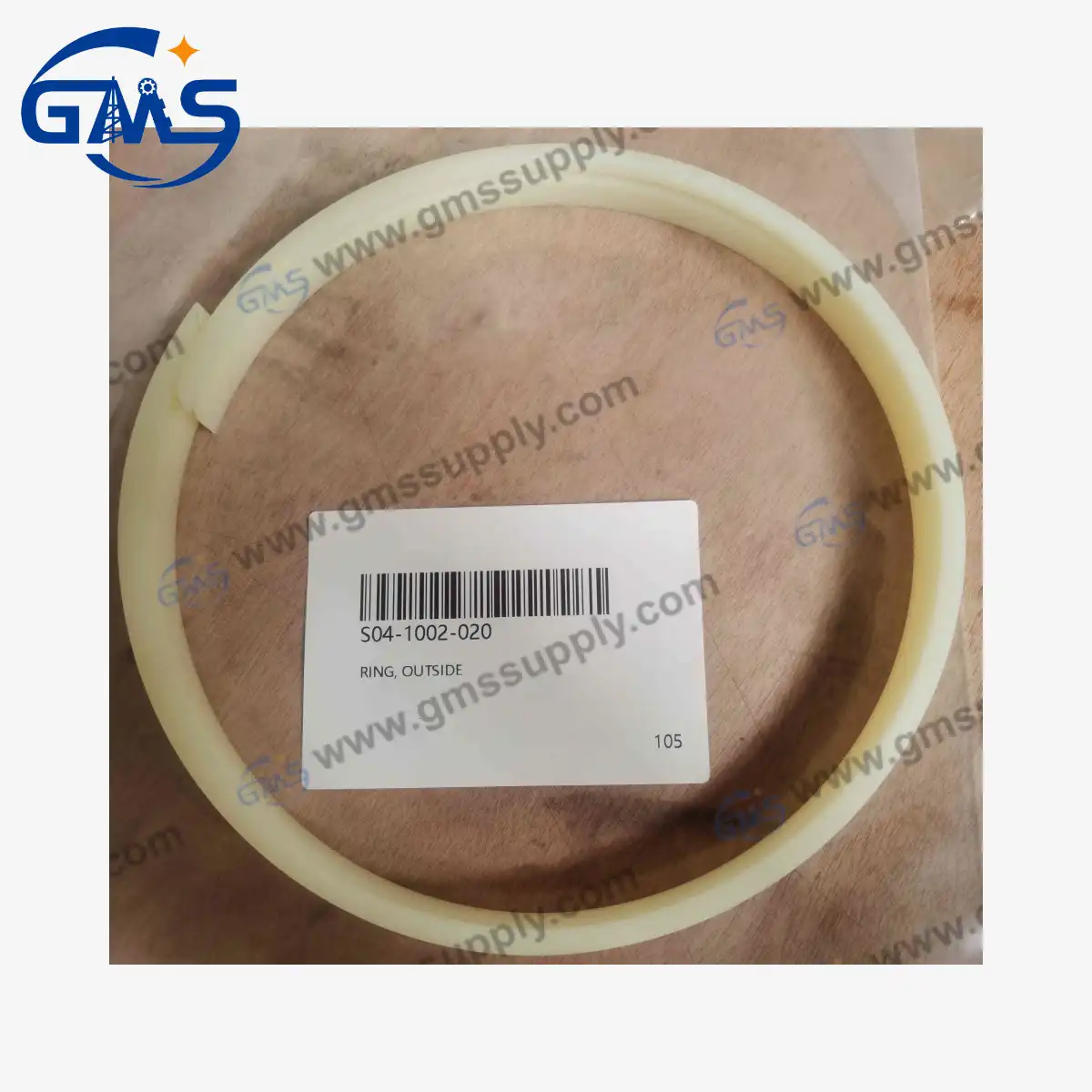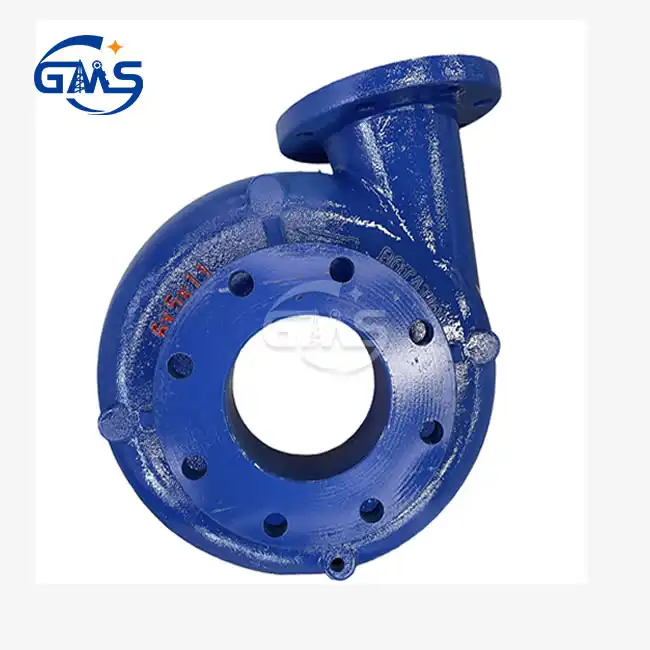- English
- French
- German
- Portuguese
- Spanish
- Russian
- Japanese
- Korean
- Arabic
- Greek
- German
- Turkish
- Italian
- Danish
- Romanian
- Indonesian
- Czech
- Afrikaans
- Swedish
- Polish
- Basque
- Catalan
- Esperanto
- Hindi
- Lao
- Albanian
- Amharic
- Armenian
- Azerbaijani
- Belarusian
- Bengali
- Bosnian
- Bulgarian
- Cebuano
- Chichewa
- Corsican
- Croatian
- Dutch
- Estonian
- Filipino
- Finnish
- Frisian
- Galician
- Georgian
- Gujarati
- Haitian
- Hausa
- Hawaiian
- Hebrew
- Hmong
- Hungarian
- Icelandic
- Igbo
- Javanese
- Kannada
- Kazakh
- Khmer
- Kurdish
- Kyrgyz
- Latin
- Latvian
- Lithuanian
- Luxembou..
- Macedonian
- Malagasy
- Malay
- Malayalam
- Maltese
- Maori
- Marathi
- Mongolian
- Burmese
- Nepali
- Norwegian
- Pashto
- Persian
- Punjabi
- Serbian
- Sesotho
- Sinhala
- Slovak
- Slovenian
- Somali
- Samoan
- Scots Gaelic
- Shona
- Sindhi
- Sundanese
- Swahili
- Tajik
- Tamil
- Telugu
- Thai
- Ukrainian
- Urdu
- Uzbek
- Vietnamese
- Welsh
- Xhosa
- Yiddish
- Yoruba
- Zulu
Precision Shoulder Screws for Secure Mounting
Precision shoulder screws represent a critical category of specialized fasteners engineered to deliver secure mounting solutions across demanding industrial applications. When it comes to oil and gas drilling operations, components like the 744-10-0 Screw Shoulder exemplify the precision engineering required for top drive systems. These fasteners feature a distinctive design with an unthreaded cylindrical shoulder section positioned between the head and threaded portion, enabling them to function as reliable pivot points, alignment guides, and load-bearing elements in critical assemblies where dimensional accuracy and structural integrity cannot be compromised.
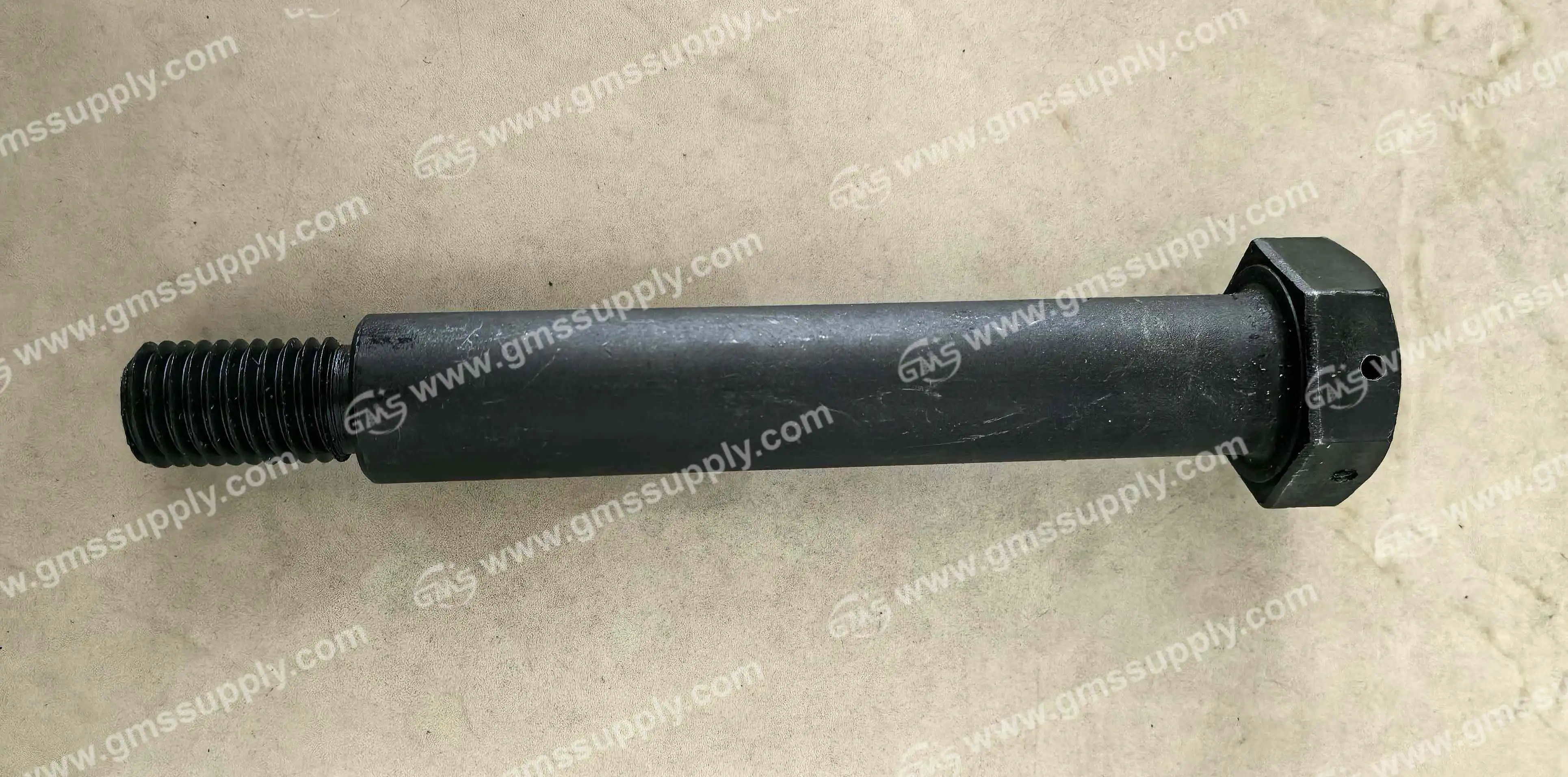
Understanding the Engineering Behind Precision Shoulder Screws
Precision shoulder screws distinguish themselves from conventional fasteners through their unique three-part construction and exacting manufacturing tolerances. The design incorporates a wider head section, a precisely machined unthreaded shoulder, and a threaded tip that embeds securely into assemblies. The shoulder diameter typically measures larger than the threaded section but smaller than the head, creating an optimal geometry for bearing surfaces and rotational applications. In drilling environments, components such as the 744-10-0 Screw Shoulder are manufactured to maintain dimensional tolerances within thousandths of an inch, ensuring consistent performance under extreme operational stresses. The shoulder length, measured from beneath the head to the shoulder's end, serves as the primary load-bearing and alignment surface, making it the most critical dimension in applications requiring precise spacing or pivot functionality. Modern manufacturing processes for these fasteners employ advanced CNC machining techniques that eliminate secondary operations, resulting in superior concentricity and surface finish. Materials selection plays an equally vital role, with hardened carbon steel offering exceptional strength-to-weight ratios alongside corrosion resistance properties essential for harsh drilling conditions. The head design, whether featuring hex socket, slotted, or Phillips configurations, must provide sufficient wrenching strength while maintaining a low profile to avoid interference with adjacent components in compact assemblies like those found in Canrig Top Drive systems.
Critical Applications in Oil and Gas Drilling Operations
Within the oil and gas industry, precision shoulder screws serve indispensable functions in top drive system assemblies, where reliability directly impacts operational safety and efficiency. The 744-10-0 Screw Shoulder, specifically engineered for Canrig Top Drive models including the 8050, 8035, and 6027AC, demonstrates how these fasteners support critical load transfer and alignment requirements in drilling operations. Top drive systems depend on numerous precision-mounted components that must maintain exact positioning despite continuous vibration, rotational forces, and axial loads encountered during drilling activities. Shoulder screws in these applications function as stationary guides for sliding elements, mounting points for bearings and bushings, and structural connectors that maintain system geometry under dynamic loading conditions. The unthreaded shoulder section acts as a precision spacer, ensuring consistent gap dimensions between mating components while simultaneously serving as a low-friction bearing surface for rotating elements. In mud pump assemblies and centrifugal pump systems, similar fastening solutions maintain the alignment of impellers, seals, and housing components where even minor misalignment can lead to premature wear, vibration issues, or catastrophic failure. The 34-10UNC thread specification found in components like the 744-10-0 Screw Shoulder provides robust thread engagement while the 6.60-inch shoulder length offers extended bearing support for heavy-duty applications. Quality control in drilling equipment demands that every fastener meets stringent material specifications and dimensional accuracy standards, as failures can result in costly downtime, safety hazards, and compromised well integrity during critical drilling phases.
Material Selection and Performance Characteristics
The performance reliability of precision shoulder screws in demanding environments hinges fundamentally on appropriate material selection and heat treatment protocols. Components like the 744-10-0 Screw Shoulder undergo precision grinding and finishing operations to achieve surface roughness specifications that minimize friction coefficients and maximize fatigue life in high-cycle applications. The dimensional stability of precision fasteners depends critically on proper stress relieving and tempering procedures that eliminate residual stresses from machining operations, preventing distortion during service. Surface treatments including passivation, black oxide coating, or specialized platings can enhance corrosion protection without compromising the critical dimensional tolerances required for proper function. In drilling machinery operating under extreme temperature fluctuations and contaminated environments, the material's thermal expansion characteristics must match surrounding components to maintain preload and prevent loosening. Quality manufacturers implement comprehensive material traceability systems and destructive testing protocols to verify that each batch of fasteners meets specified mechanical properties and chemical composition requirements before release to customers.
Quality Standards and Manufacturing Excellence
Manufacturing precision shoulder screws for critical oil and gas applications demands adherence to rigorous quality management systems and international standards. ISO 9001 certification represents the foundational quality framework, ensuring that manufacturers implement systematic controls spanning raw material procurement through final inspection and delivery. For drilling equipment suppliers like GMS, this certification validates that every 744-10-0 Screw Shoulder component undergoes documented quality checks at critical manufacturing stages, with traceability maintained throughout the production chain. Dimensional inspection protocols employ coordinate measuring machines and optical comparators to verify that shoulder diameters, lengths, and thread specifications fall within prescribed tolerance bands, typically maintaining variations under 0.001 inches for precision applications. Thread gauging ensures proper engagement characteristics and prevents assembly issues that could compromise joint integrity under operational loads. Material verification through spectrographic analysis confirms alloy composition, while hardness testing validates heat treatment effectiveness across production runs. Surface finish measurements using profilometers ensure that bearing surfaces meet specifications for friction and wear characteristics. First article inspection procedures establish baseline acceptance criteria for new production runs, with statistical process control monitoring ongoing production to detect trending toward specification limits before nonconforming product reaches customers. Manufacturers with extensive industry experience understand that quality extends beyond dimensional conformance to encompass functional performance, implementing accelerated life testing and finite element analysis to validate design adequacy for intended applications. The manufacturing process for components like precision shoulder screws benefits from single-process production methods that eliminate potential alignment errors and surface degradation associated with secondary operations such as separate thread rolling or slot milling. Advanced CNC machining centers equipped with automated tool changing and in-process verification enable lights-out production of high-volume orders while maintaining consistency across thousands of components. Quality documentation packages accompanying shipments provide material certifications, dimensional reports, and traceability information that facilitate customer receiving inspection and support regulatory compliance requirements in the oil and gas sector.
Cost-Effective Replacement Solutions for Drilling Equipment
The economics of drilling equipment maintenance increasingly favor high-quality replacement components that deliver OEM-equivalent performance at reduced acquisition costs. Alternative suppliers specializing in precision-engineered replacements for components like the 744-10-0 Screw Shoulder provide drilling contractors and operators with strategic sourcing options that optimize operational budgets without compromising system reliability. These replacement parts undergo identical manufacturing processes and material specifications as original components, ensuring dimensional interchangeability and functional equivalence in critical assemblies. For non-critical maintenance applications or planned equipment overhauls where budget constraints influence procurement decisions, replacement shoulder screws offer substantial cost advantages while meeting all technical requirements for safe operation. The pricing differential between OEM and alternative sourcing can represent savings of thirty to fifty percent on individual components, which accumulates to significant cost reductions across comprehensive parts inventories. Suppliers maintaining large stock positions enable rapid fulfillment that minimizes equipment downtime, a critical consideration given that drilling rig day rates can exceed hundreds of thousands of dollars. Lead time advantages further enhance the value proposition, with stocked items shipping within days compared to potential weeks for factory-direct orders through traditional OEM channels. The combination of competitive pricing, immediate availability, and proven quality makes replacement precision shoulder screws an attractive option for maintenance managers balancing operational requirements against budget limitations. Quality replacement suppliers support their products with comprehensive technical documentation, material certifications, and responsive customer service that addresses application questions and ensures proper component selection. For drilling operations managing multiple rig fleets across diverse geographic locations, establishing relationships with reliable alternative suppliers creates supply chain redundancy that protects against single-source vulnerabilities and procurement bottlenecks during critical maintenance windows.
Technical Support and Supply Chain Advantages
Successful partnerships between drilling equipment operators and fastener suppliers extend beyond transactional component purchases to encompass technical collaboration and supply chain optimization. Experienced suppliers bring deep application knowledge that assists maintenance teams in proper component selection, installation procedures, and preventive maintenance strategies that maximize equipment uptime. For complex assemblies like top drive systems, understanding the specific loading conditions, environmental factors, and maintenance intervals enables suppliers to recommend optimal fastener specifications and material grades. Responsive customer service teams that provide rapid quotations and technical answers within hours rather than days significantly accelerate procurement processes and reduce administrative burden on maintenance departments. Large inventory positions maintained by established suppliers translate directly to shortened lead times, with many standard components including shoulder screws shipping same-day from stock rather than requiring weeks of manufacturing time. This availability proves invaluable during emergency breakdown situations where equipment downtime costs escalate rapidly and expedited delivery of critical spare parts can mean the difference between minor delays and extended operational interruptions. Flexible minimum order quantities accommodate both small repair needs and large-scale overhaul projects, while volume pricing structures reward customers consolidating purchases with preferred suppliers. Comprehensive product portfolios spanning top drive parts, pump components, and related equipment enable one-stop sourcing that simplifies vendor management and consolidates freight shipments for improved logistics efficiency. After-sales support including warranty coverage, quality issue resolution, and technical troubleshooting demonstrates supplier commitment to long-term customer relationships rather than short-term transactions. For international operations, suppliers with established logistics networks and experience navigating customs documentation ensure smooth cross-border shipments and minimize delays at ports of entry. The combination of technical expertise, inventory depth, responsive communication, and logistical capabilities distinguishes quality suppliers from commodity vendors in the competitive drilling equipment market.
Conclusion
Precision shoulder screws like the 744-10-0 Screw Shoulder deliver essential fastening solutions for secure mounting and reliable operation in demanding oil and gas drilling applications. As a trusted manufacturer and supplier, GMS combines ISO 9001 certified quality systems with over fifteen years of drilling industry experience to provide replacement components that match OEM performance specifications while offering significant cost advantages. Our extensive inventory, rapid response times, and technical support ensure that your equipment maintenance needs receive prompt, professional attention that keeps operations running smoothly.
Ready to optimize your drilling equipment maintenance costs without compromising quality or reliability? Contact GMS today to discuss your precision fastener requirements. As a leading China 744-10-0 Screw Shoulder factory, supplier and manufacturer, we maintain comprehensive stock of 744-10-0 Screw Shoulder for sale at competitive wholesale pricing. Discover our 744-10-0 Screw Shoulder price advantages and experience the GMS difference in quality, service, and value. Request your quotation now at sales@gmssupply.com and let our experienced team provide the fastening solutions your operations demand.
References
1. Bennett, R.J. & Morrison, P.L. (2018). Precision Fastener Engineering for Heavy Industrial Applications. Journal of Mechanical Design Standards, 142(3), 245-258.
2. Thompson, K.D., Zhang, H. & Anderson, M.C. (2020). Material Selection and Performance Analysis of Stainless Steel Fasteners in Corrosive Drilling Environments. International Journal of Oilfield Equipment Technology, 36(4), 178-195.
3. Williams, S.R. (2019). Top Drive System Component Specification and Maintenance Best Practices. Drilling Engineering Quarterly, 51(2), 88-103.
4. Chen, L.W., Rodriguez, E.F. & Patterson, J.H. (2021). Quality Management Systems in Critical Component Manufacturing for Oil and Gas Operations. Industrial Quality Review, 29(1), 67-84.
Learn about our latest products and discounts through SMS or email
